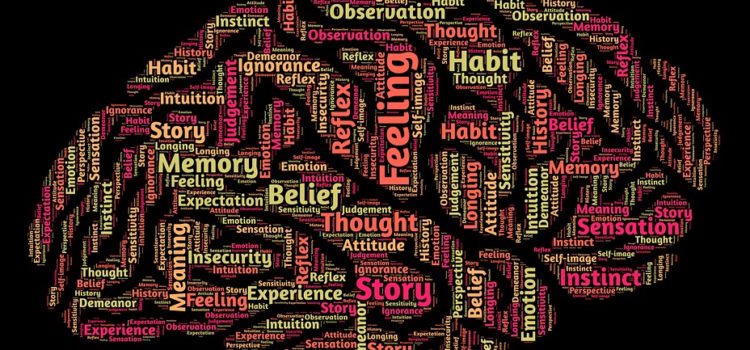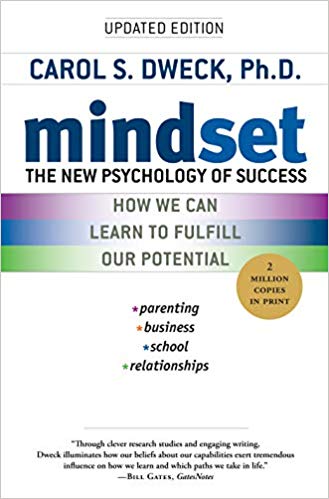

This article is an excerpt from the Shortform summary of "Mindset" by Carol Dweck. Shortform has the world's best summaries of books you should be reading.
Like this article? Sign up for a free trial here .
What are the two mindsets from Carol Dweck’s popular book Mindset? Is one of the two mindsets better? Which mindset do you have?
The two mindsets of Carol Dweck are the fixed mindset and the growth mindset. You learn one of two mindsets from your parents, teachers, and coaches — that personal qualities such as intelligence and ability are innate and unchangeable (a “fixed” mindset) or that you and others can change and grow (a “growth” mindset). Regardless of which view dominates your thinking, it shapes your personality and helps or hinders you from reaching your potential.
We’ll cover the basics of the two mindsets and explore why having a growth mindset leads to more success in life.
Two Mindsets (Carol Dweck’s Mindset)
Although you may not be conscious of them, you have powerful beliefs that affect what you want and whether you get it. In Mindset, psychologist and researcher Carol S. Dweck argues that one belief in particular can determine the course of much of your life, starting as early as your preschool years.
Understanding how your mindset plays out can change your career, relationships, the way you raise your children, and your overall satisfaction in life.
Two Mindsets: Fixed Versus Growth Mindsets
You typically live by either a fixed mindset or a growth mindset, which shapes how you learn, cope with setbacks, and relate to others. We’ll start with a comparison of the two mindsets. Later examples will flesh out the descriptions and show how the two mindsets work. It’s important to know that even if you have a fixed mindset now, you can learn the growth mindset, which can transform many aspects of your life.
Fixed Mindset
The first of the two mindsets is the fixed mindset. When you have a fixed mindset, you believe your abilities are unchangeable. You were born with certain traits and a certain amount of intelligence and that’s that. Many people are trained in this mindset from an early age — for instance, by a teacher who believed your IQ determines everything: You’re either smart or you’re dumb; you can learn or you can’t.
When you view your abilities as unchangeable, you feel you must constantly prove yourself. If people get only a set amount of intelligence and a certain character, you want to prove you have a lot, although you secretly worry you were shortchanged. You don’t want to look stupid or fail. You feel you’re being judged or rated in every situation and must measure up. Children inculcated with this mindset often fear losing their parents’ or teachers’ approval and love if they fail.
Growth Mindset
The second of the two mindsets is the growth mindset. When you have a growth mindset, you believe the abilities you’re born with are a starting point you can build on with hard work, persistence, and the right learning strategies. You have a passion for learning, welcome mistakes as opportunities to learn, and seek challenges so you can stretch. You also have a greater ability to survive difficult times.
The author first encountered the growth mindset as a young researcher while studying how children coped with failure. She gave kids a series of puzzles to solve, progressing from easy to difficult ones. She was surprised to find that some children loved attempting the hard puzzles, relishing the challenge and opportunity to become smarter. Until then, the author had viewed intelligence and problem-solving as fixed abilities, but watching kids learn from failure changed her mind.
Believing in the ability to learn and grow doesn’t mean believing anyone can become an Einstein or believing anyone can do anything they aspire to if they apply enough effort. But the growth mindset recognizes that you can’t predict someone’s potential or how far their passion, work, and learning can take them.
Comparing the Two Mindsets
Simply put, mindsets are beliefs. This book shows how mindsets or beliefs dictate people’s aspirations; how they alter the way people see success, failure, and effort; and what that means in school, sports, work, and relationships. It also shows how mindsets can be changed.
Here’s an example comparing the fixed and growth mindsets. Imagine you’re a young adult who is having a bad day. You receive a C+ on a paper for an important class. When you return to your car at the end of the day, you find a parking ticket. When you call a friend for sympathy, she seems to brush off your tale of woe. The author presented her students with this scenario and asked how they’d react.
Those with a fixed mindset said they’d feel like a failure and would interpret the three events as confirmation that they were worthless, others were out to get them, and no one cared about them. They said they’d react by not putting so much effort into the next class assignment, breaking something to let off steam, or withdrawing and getting drunk. Although the events were hardly earth-shattering, they led to feelings of failure and paralysis in the students with fixed mindsets.
In contrast, the students with growth mindsets shrugged off the setbacks, saying they’d work harder in the class and be more careful about where they parked. Regarding the friend’s rebuff, they suggested the friend could be having a bad day or might be preoccupied with something. The students with growth mindsets didn’t label themselves negatively and withdraw. They chose action — for instance, studying differently, paying the parking ticket, and being more careful.
———End of Preview———

Like what you just read? Read the rest of the world's best summary of "Mindset" at Shortform . Learn the book's critical concepts in 20 minutes or less .
Here's what you'll find in our full Mindset summary :
- The difference between a growth and a fixed mindset
- How a fixed mindset keeps you back throughout your life: education, relationships, and career
- The 7 key ways to build a growth mindset for yourself






